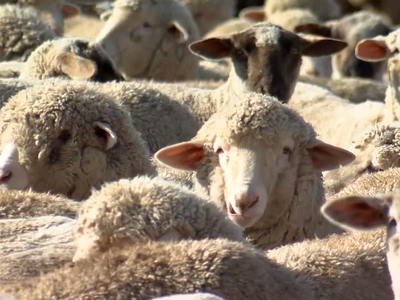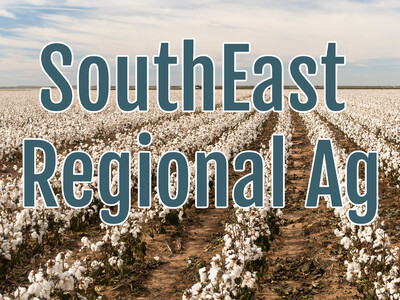$58.25 Million to Protect Agriculture
U.S. Department of Agriculture Secretary Tom Vilsack announced that USDA's Animal and Plant Health Inspection Service (APHIS) has allocated $58.25 million from Section 10007 of the 2014 Farm Bill. This money will support 434 projects that prevent the introduction or spread of plant pests and diseases that threaten U.S. agriculture and the environment and ensure the availability of a healthy supply of clean plant stock in the United States. Funding will be provided to 50 States plus Guam and Puerto Rico to implement projects suggested by universities, States, Federal agencies, nongovernmental organizations, non-profits and Tribal organizations."Through the Farm Bill we are working with our partners and stakeholders to not only ensure the global competitiveness of our specialty crop producers but to fight back against the destruction caused by invasive pests," said Vilsack. "The projects and centers funded through this effort are helping to develop and put in place the strategies, methods and treatments that safeguard our crops, plants, and natural resources from invasive threats."
Since the 2014 Farm Bill was enacted, APHIS has funded more than 1,200 projects that have played a significant role in our efforts to protect American agriculture. Collectively, these projects make it possible for us to quickly detect and rapidly respond to invasive pests.
They also help our country maintain the infrastructure necessary for making sure that disease-free, certified planting materials are available to U.S. specialty crop producers.
This year, funded projects include:
• Polyphagous Shot Hole Borer/Fusarium Dieback in avocado: $175,000 for survey, early detection, and educational outreach in California;
• Bark beetle: $157,793 for a Regional Identification Center for Bark Beetle and other wood boring beetles in Oregon;
• Giant African land snail: $2,203,080 to support ongoing eradication efforts in Florida;
• Spotted lanternfly: $1,666,612 million to support eradication and education efforts in Pennsylvania;
• Coconut rhinoceros beetle: $1,649,384 to respond to infestations in Hawaii and Guam;
• Honey bees: $1,068,988 to survey honey bee populations and study bee health;
• Grapes: $465,145 to enhance surveys for grape commodity pests and diseases in 15 states.
• National Clean Plant Network: $5 million to support 22 projects in 17 states that focus on providing high quality propagated plant material for fruit trees, grapes, hops, berries, citrus, roses and sweet potatoes free of targeted plant pathogens and pests.













